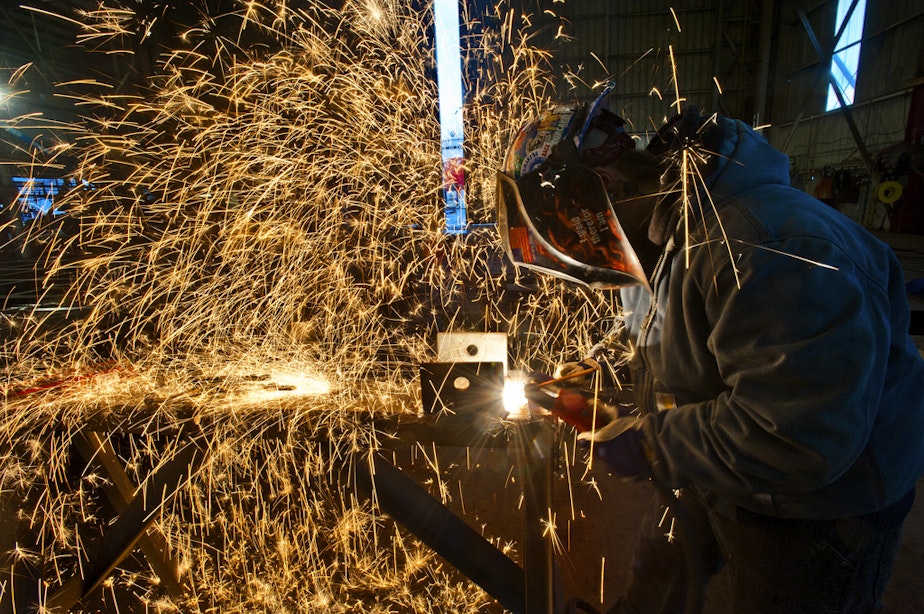Milestone: Washington Now Has More People Working Than Before Recession

Washington’s Employment Security Department says the state now has more people working than before the start of the Great Recession.
It's an important milestone in the recovery. And though it comes as a result of genuine progress, it received an assist from a federal benchmarking that showed the state didn’t lose as many jobs as originally thought.
Before the benchmarking, economists thought the state had lost 205,000 jobs during the Great Recession. That number has been reset to 189,000.
The state now has about 4,000 more people in jobs now than before the economic turmoil, but it also has more people who want to work: about 64,000 more people.
Others likely not counted as unemployed have been left behind. The Employment Security Department said more than half the people who exhausted their unemployment benefits during the Recession still have not found stable work.
Sponsored
By the end of February, more than 195,000 people in Washington had run out of unemployment benefits since the summer before the 2008 financial crisis, and at least 118,000 of them were still unemployed.
Many of these workers have become discouraged. Because they’re no longer looking for work, they are not counted among the 222,000 people in the state who are unemployed and looking for work.
Former Port of Tacoma stevedore superintendent Chuck Morrison was one of them. Morrison gave up looking for work during the recovery and took social security. He had been laid off from the Port in his forties and tried to find steady work for 15 years.
“I just want to be part of something that does something to get something done,” he said in an interview. “To accomplish something, to say the world is better as a result of my being here working with other people.”
On the same day as the announcement of the state’s jobs recovery, Governor Jay Inslee said he'd put $4 million in federal funds toward helping more long-term unemployed people get jobs. Inslee said the state is looking for new strategies.
